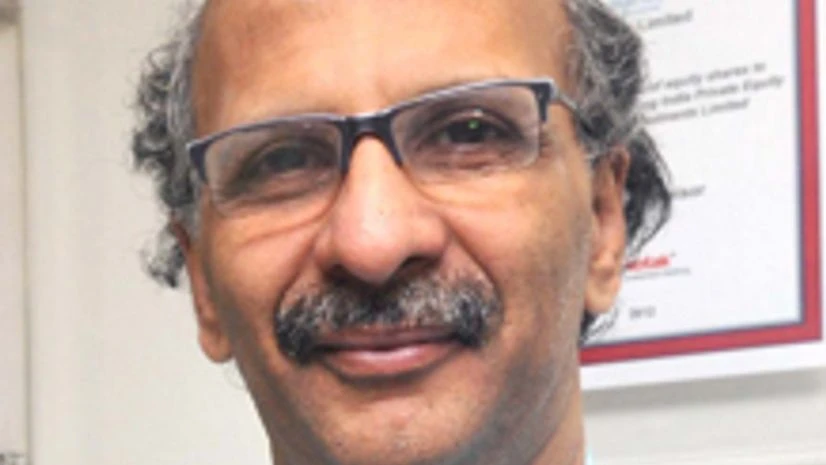After a prolonged lull, the domestic Initial Public Offering (IPO) market is returning to life. S Ramesh, joint managing director & member of the board of directors, Kotak Investment Banking, says IPOs worth Rs 20,000 crore could hit the market over the next 12-15 months. In an interview with Samie Modak, he says most domestic companies will be more inclined to list in the home market. Edited excerpts:
Despite strong traction in the secondary market, the IPO market hasn’t done well.
Post the government change, the secondary markets and the broader indices have been on a roll. Over the years, we have seen that the primary markets typically lag the secondary markets. This time, the lag has been longer. Investors remained focused on the secondary markets due to attractive returns. Additionally, companies did not rush in with new capex plans or projects, which led to subdued equity raising. A few companies that needed to deleverage had opted for qualified institutional placements (QIPs) at the beginning of the financial year. This explains the subdued primary markets in FY15.
However, the prospects for primary markets look brighter. Based on recent filings with the regulator, my judgment is that IPOs worth approximately Rs 20,000 crore could tap the markets over the next 12-15 months. Many of these are medium-sized ones, from a diverse set of sectors, including a number of these from the broader consumption theme.
Is the government's disinvestment target doable?
We are very optimistic. The large monopoly or duopoly nature of many government companies, coupled with a profitable track record, make these attractive to investors. We are also noticing that the government is undertaking its divestment programme methodically and with acumen. Two or three large offerings themselves will help achieve a substantial part of the target.
What trends do you pick up from recent IPOs?
Most institutional investors are focused on liquidity of the stock after listing. Additionally, they have a preference for companies with profitable growth and from consumption-led themes. The record of promoters is another important factor. For the first time in many years, we are seeing domestic institutions play a more active role in investing in the primary markets.
Do you see insurance IPOs happening soon?
I do think with the insurance sector opening up, there is the possibility of two or three IPOs from the sector over the next 18 months. Given the record of some of the players, the IPOs from this sector will witness great interest. The insurance market is under-penetrated and there is ample scope for growth.
What will it take to get investors interested in IPOs?
The momentum to invest in these is slowly picking up. As investors make returns from a few issuances, they will come back with greater propensity to the primary markets. Issuances from quality companies and from promoters with a good record will be an important trigger.
Are more companies now inclined to explore foreign listings?
Though the government last year allowed Indian companies to directly list abroad, very few offerings have taken place. This route might be relevant for companies in new-age sectors such as e-commerce, where the growth potential is immense but profitability maybe some time away. However, the majority of such companies resorted to raising private capital, as opposed to listing.
For other companies, the Indian capital markets are an attractive destination to list, as most global institutions are present here and are comfortable with its architecture. Valuations on the Indian bourses are good and, hence, attractive to Indian issuers.
Have private equity (PE) investors camouflaged IPOs?
We are witnessing an ever-increasing trend of PE investing. From a company’s perspective, PE is a good alternative to listing. PE investors use listing as an important medium to exit. The IPO markets were not active in the past two-three years and PE investors looking for an exit did so by selling to another investor or through a trade sale. With the primary markets' prospects looking up, many of these investors are now considering exits through listing.
Do you think stricter rules are discouraging new companies from listing?
The Indian primary market has evolved and matured over the years. Misuse by certain issuers has led to stricter rules. This is good for the markets in the long run, as only quality companies, willing to be compliant in letter and spirit, would list on the bourses. Investor activism has also increased. Companies have to be prepared for greater scrutiny by investors after listing.
What is the next big reform in the IPO market?
The Indian regulator has been very active with its IPO reform agenda. Cutting the listing timeline to less than a week, the introduction of e-IPO, and widening and deepening the investor base are some examples.

)
